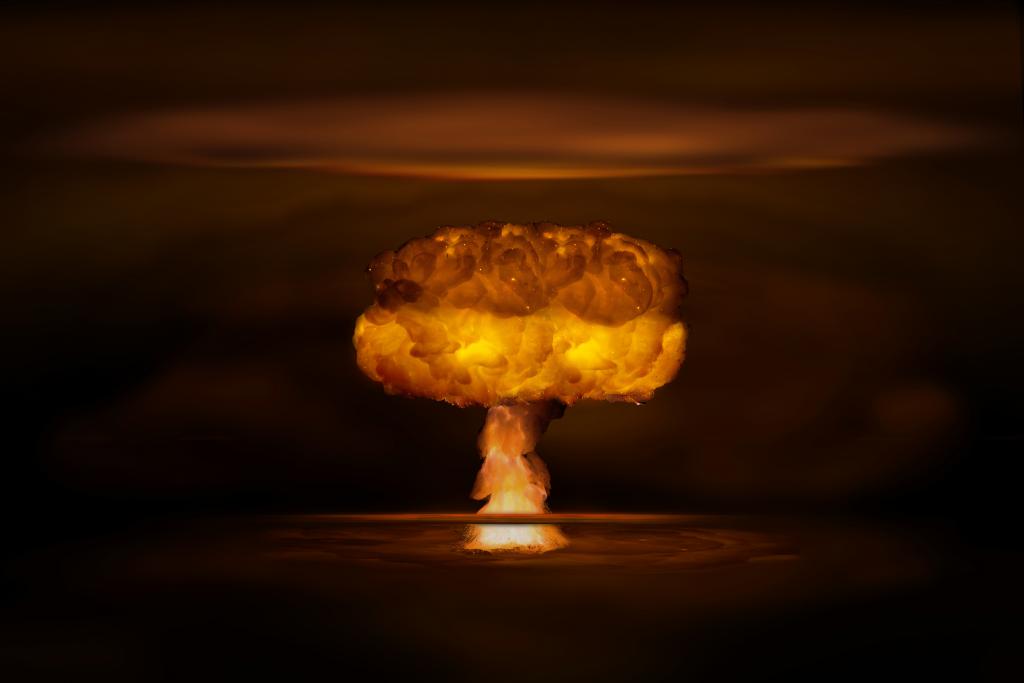In many ways, we find ourselves at a similar juncture, with a rapidly vanishing sequence of hope that started with the successful multilateral negotiation of the “Iran deal”, and ended with the quick unravelling following the last US Presidential election. The Joint Comprehensive Plan of Action (JCPOA) signed in 2015 by Iran was not simply a bilateral agreement giving confidence that Iran wouldn’t engage in nuclear activities beyond those allowed under the NPT framework. It was a truly multilateral solution forcing Iran to: clear past zones of obscurity over its nuclear activities, agree in perpetuity to tighter inspections by the International Atomic Energy Agency (IAEA), use a privileged procurement channel for its nuclear imports, keep its contested enrichment activities at sound levels for periods up to 15 years, and modernise its other sensitive nuclear sites with the cooperation of Chinese and European consortia. The JCPOA was not only a success of P5 and EU diplomacy, but also reinforced the legitimacy of the UN Security Council, which had demonstrated that through patient negotiation and targeted sanction monitoring, it could protect the nuclear world order.
However, all of these successes were shattered by the US President’s decision to leave the JCPOA and unilaterally re-impose massive sanctions against Iran and against non-US private companies tempted by deals in US-sanctioned trade with Iran. By expanding the jurisdiction of US sanctions to its limits, and manipulating the global private sector’s fear of making the wrong connections with potentially exposed businesses, the legal arm of the United States has given new meaning to the notion of preventive warfare. This time, preventive strikes are conceived in an economic rather than military sense, but their legitimacy deserves as much critical engagement from concerned citizens as it received at the time of the Iraq invasion. It would be a mistake to remain silent as the nuclear world order is taken hostage by a global trade dispute between two economic giants of the 21st century (the United States and China), while Europe remains in the passenger seat. Whenever the United States turns to unilateralism, the legitimacy of multilateral rule-making bodies suffers, and with it, their efficiency. Unfortunately, such loss of credit takes time to repair, and the diplomats of tomorrow will have to be as creative and resilient as those of the past if we are to benefit from the establishment of a stable nuclear order.
Keywords: anthropology and sociology



